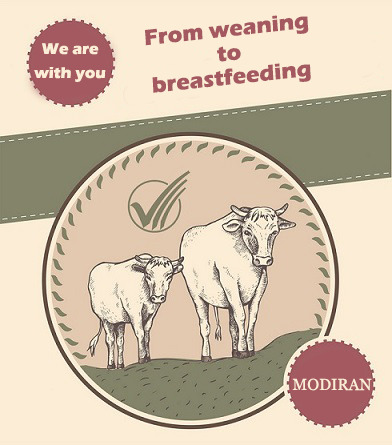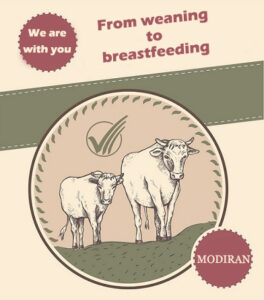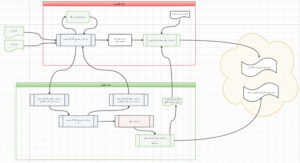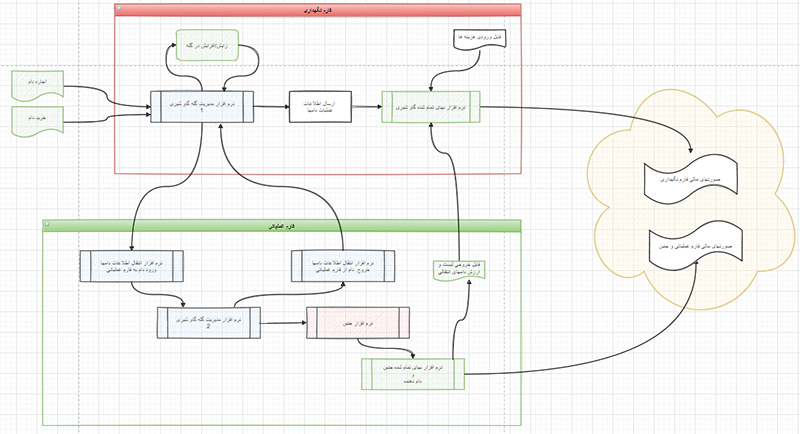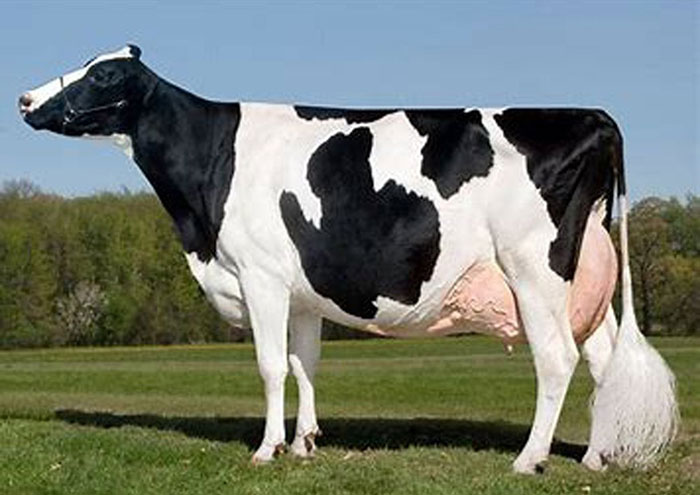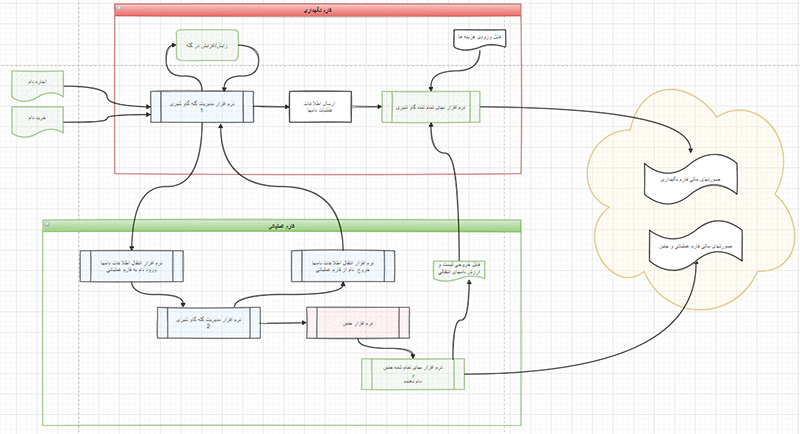The aim of this study was to investigate the impact of dietary crude protein (CP) levels and
calcium salts of long-chain fatty acids (CSFA) on the nutrient intake and digestibility, nitrogen
deposition, rumen fermentation characteristic and microbiota, plasma biochemical indexes and
fatty acid composition in the Holstein bulls. Eight Holstein bulls was used in a 4 × ۴ Latin Square
design with 2 × ۲ factorial diets, including two levels of CP (133 or 112 g/kg dry matter), and
with or without 2.32 g/kg CSFA. The high CP level diets increased the CP intake and the CP
apparent digestibility and the urinary nitrogen excretion (P = 0.001). Dietary supplementation
with CSFA promoted the apparent digestibility of organic matter (P = 0.012). The diets of CSFA
and high CP level raised the rumen ammonia nitrogen concentration (P = 0.009), and enhanced
the isovalerate and valerate concentrations, respectively. The high CP diets improved the
abundance of Butyrivibrio fibrisolvens (P = 0.037) and Megasphaera elsdenii (P = 0.023), while the
CSFA reduced the abundance of methanogens (P = 0.047). High CP increased urea concentration
(P = 0.008). Dietary supplementation with CSFA increased the cholesterol and the low-density
lipoprotein cholesterol concentration in the plasma, and the proportion of C16:0, C18:1n9c and
Δ۹ desaturase C18, while it reduced the ratio of C21:1 and C22:0. The low CP diets reduced the
protein waste and environmental pollution in the final stage of fattening Holstein bulls. Further
study needs to be done to investigate the effect of CSFA on the CH4 emission in terms of microbial
mechanism in the rumen.
Animal Husbandry Management Software
